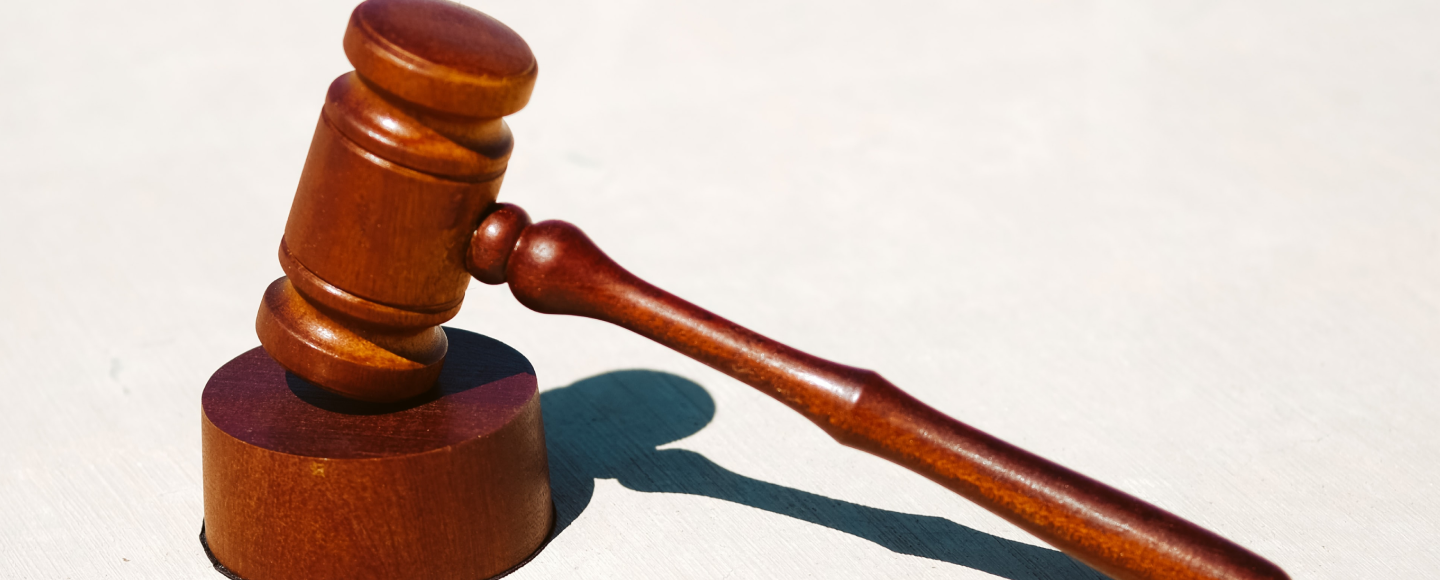The Setup
I can’t count the number of police reports I’ve read that start with a routine traffic stop for speeding, at some classic Raleigh Police speed trap like Glenwood Avenue by the Carolina Country Club or south of downtown on S. Dawson Street, and then it all escalates into a DWI investigation because the cop-on-duty “detects an odor of alcohol” and “notes that the suspect’s eyes were red and glassy.”
What inevitably happens next as the cop follows the script (the foregone conclusion to which is that you’re drunk and you’re about to get arrested)? “I asked the suspect to step from the vehicle to perform some field sobriety tests.”
The Problem(s)
There are several problems to unpack before we’ve even gotten to the notoriously meaningless standardized field sobriety tests in this scenario.
The first problem is the cop’s reliance on the (alleged) observation that the driver of the vehicle had “red/glassy eyes.” Why is that a problem? Because NHTSA — that’s the National Highway Traffic Safety Administration, the organization that standardized the DWI investigation — determined in 1997 that “red/glassy eyes” was an unreliable indicator of impairment because that phenomenon can be caused by so many factors that it is entirely meaningless. Fatigue, smoke, long work hours, allergies, even an individual’s profession can cause red and/or glassy (or sometimes we’ll see “glossy”) eyes.
Because red/glassy eyes can be caused by so many environmental and other factors, it’s meaningless in the context of a DWI investigation — especially when it takes place after midnight, when 95% of the population has red/glassy eyes due to simple fatigue.
So what’s left at this stage in this hypothetical scenario that we all know will culminate in an arrest and a Driving While Impaired charge? What is this cop relying on to order the driver out of the car? The only thing left is an “odor of alcohol.”
But here’s the thing about that. An “odor” of alcohol indicates nothing more than the possibility that alcohol has been consumed. If there are others in the car, it sheds even less light on the condition of the driver.
Reliance on that factor presents at least two legal problems for the State in this scenario. One, the State has the burden of establishing that the officer had reasonable articulable suspicion to detain the driver beyond the scope of the purpose of the original traffic stop, which in this case was limited to speeding. Without evidence of some other crime, DWI or otherwise, the officer cannot legally detain the driver longer than it takes to issue a speeding citation without running afoul of the Fourth Amendment (see Rodriguez v. United States, United States Supreme Court, 2015).
If our courts apply the law correctly in this scenario, the detention of the driver here violates her Fourth Amendment right to be free from an unreasonable search and seizure, because the officer has no evidence that any crime has been committed when he orders her out of the vehicle. At most, the officer has evidence of consumption of alcohol, which is perfectly lawful conduct. If the judge reviewing this extended detention has the courage to apply the law correctly, all the remaining evidence will be suppressed as the fruit of the poisonous tree, and the DWI charge would be dismissed as a result of that constitutional violation.
★★★
Raleigh DWI lawyer Ben Hiltzheimer is a criminal defense attorney with offices in Raleigh and Durham, North Carolina, with a long history of fighting complicated DWI cases. Contact us for a free, confidential consultation and case evaluation at (919) 899-9405.







